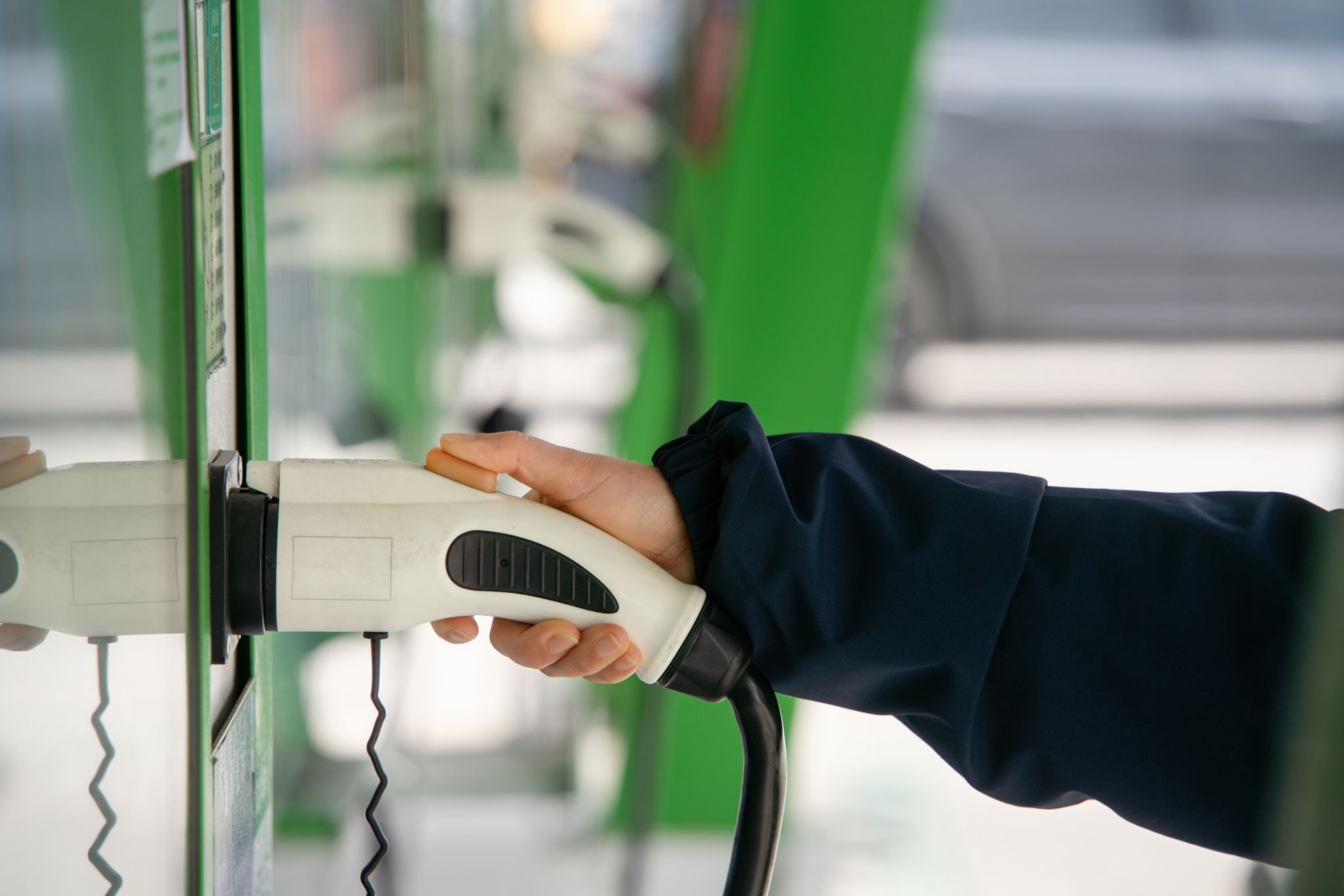Breaking Myths: Common Misconceptions About Hybrid and Electric Vehicles
Understanding Hybrid and Electric Vehicles
With the growing popularity of hybrid and electric vehicles (EVs), there are numerous misconceptions that often cloud consumer judgment. As these vehicles become more mainstream, it is essential to understand what they truly offer and debunk some of the myths surrounding them.

Myth 1: Hybrid Cars Are Just a Marketing Gimmick
One common myth is that hybrid cars are merely a marketing gimmick with no real benefits. In reality, hybrids combine the best of both worlds by utilizing both a gasoline engine and an electric motor. This synergy results in improved fuel efficiency and reduced emissions, making them an environmentally friendly choice without the range anxiety associated with fully electric vehicles.
Myth 2: Electric Vehicles Lack Power
Another prevalent misconception is that electric vehicles lack the power and performance of traditional gasoline-powered cars. On the contrary, EVs are known for their instant torque, providing rapid acceleration and a smooth driving experience. Many electric models outperform their gasoline counterparts in speed tests, proving that they are anything but sluggish.

The Realities of Charging Electric Vehicles
A significant concern for potential EV buyers is the charging infrastructure. Some believe that charging stations are scarce and inconvenient. However, the network of charging stations is expanding rapidly, with many countries investing heavily in this infrastructure to support the growing number of electric vehicles on the road.
Myth 3: Charging Takes Too Long
While it's true that charging an electric vehicle takes longer than filling up a gas tank, advancements in technology have significantly reduced charging times. Fast chargers can replenish a significant portion of an EV's battery in under an hour, providing a practical solution for most users. Additionally, home charging options offer convenience for overnight charging.
Environmental Impact and Cost Considerations
Another area rife with misconceptions involves the environmental impact and cost-effectiveness of hybrid and electric vehicles. Many skeptics argue that the environmental benefits are overstated or that these vehicles are too expensive for the average consumer.

Myth 4: EVs Aren't Really Green
Some critics argue that the production of batteries for EVs results in significant environmental harm. While it's true that battery production has an environmental footprint, the overall lifecycle emissions of EVs are generally lower than those of traditional vehicles. As battery technology continues to improve and recycling processes advance, the gap in environmental impact is expected to widen further.
Myth 5: Hybrids and EVs Are Too Expensive
The initial cost of hybrids and electric vehicles can be higher than traditional cars. However, the long-term savings on fuel and maintenance often offset the initial investment. Furthermore, government incentives and tax rebates can reduce the upfront cost, making these vehicles more accessible to a broader audience.
The Future Is Electric
The transition to hybrid and electric vehicles is not just a trend; it's a shift towards a more sustainable future. As technology advances and public perception evolves, it's crucial to dispel these myths and embrace the benefits that these innovative vehicles offer. By understanding the facts, consumers can make informed choices that align with their values and needs.

